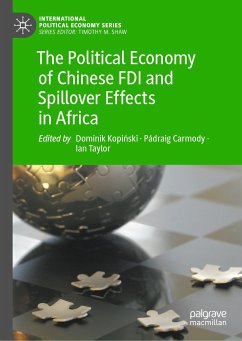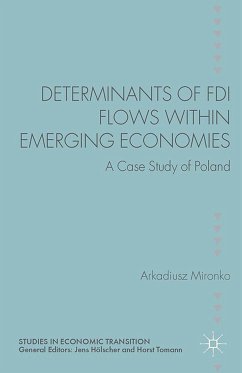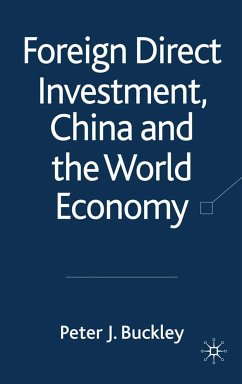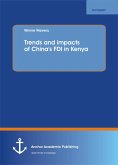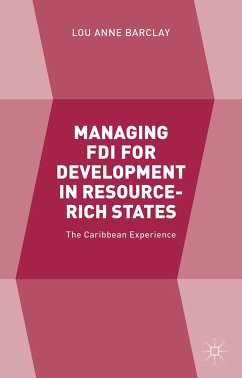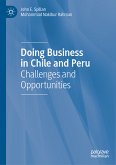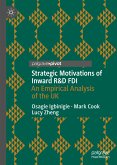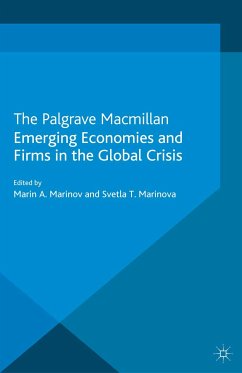-Tim Zajontz, Lecturer in Global Political Economy, University of Freiburg
This is a much-needed book in the China-Africa space and the larger field of African Political Economy. The book comprehensively contextualises and analyses Chinese FDI in Africa within the context of the continent's pursuit of structural economic transformation. Underpinned by robust research and insightful case studies that provide valuable perspectives, it is a must-read for scholars, researchers, policymakers, and practitioners.
-Mandira Bagwandeen, University of Cape Town
What are the impacts of Chinese investment in Africa? Is it transforming economic development on the continent? This book is different from many other studies of this issue, as it unpacks the 'black box' of technological and learning spillover effects from Chinese firms to others. Rather than using econometric tools, which has now become a standard approach and come with their own set of challenges, the authors investigate the interactions between Chinese investors and African firms in terms of the transfer of technology and learning and explain why such interactions are rare. Only by understanding the reasons behind this rarity can approaches be developed to promote spillovers.
Dominik Kopinski is Associate Professor in the Institute of Economics at the University of Wroclaw, Head of theInternational Economic Relations Department, and Cofounder of the Polish Centre for African Studies.
Pádraig Carmody lectures in Development Geography at Trinity College Dublin, Ireland.
Ian Taylor was Professor in International Relations and African Political Economy at the University of St Andrews and also Chair Professor in the School of International Studies, Renmin University of China.
Dieser Download kann aus rechtlichen Gründen nur mit Rechnungsadresse in A, B, BG, CY, CZ, D, DK, EW, E, FIN, F, GR, HR, H, IRL, I, LT, L, LR, M, NL, PL, P, R, S, SLO, SK ausgeliefert werden.

